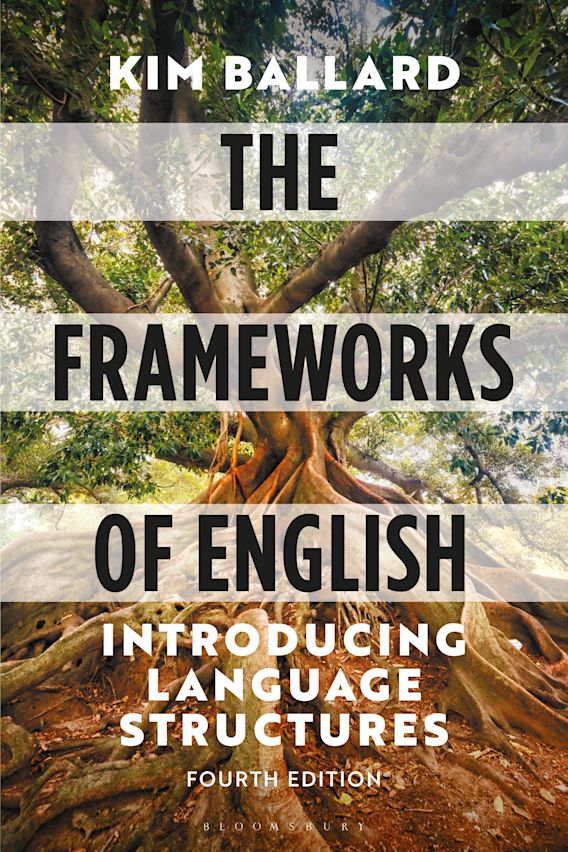



johndoe@gmail.com
Are you sure you want to reset the form?
Your mail has been sent successfully
Are you sure you want to remove the alert?
Your session is about to expire! You will be signed out in
Do you wish to stay signed in?
Question 1 (Consolidate)
The National Government Services Portal (https://services.india.gov.in/?ln=en, accessed February 2021) is an initiative of the Indian government and provides centralised access to a wide range of websites and relevant documents across a range of public services. The short extracts below are from some of the introductory descriptions which accompany the hyperlinks. Identify the lexical, grammatical and discourse features which distinguish these examples from Standard British English usage and style.
Example 1: for the website of the Department of Sports and Youth Services in Odisha
Dept of sports and youth services of Odisha give importance to various sports and encourages the youth to join in various sports programme. Website also gives the information of scholarship sport quotas, various sports competition etc. and also information for hostel and gym is available.
Example 2: for accessing information about Delhi sports facilities
Users can register and login to access information pertaining to sports facilities in Delhi. One can browse an interactive map of the capital, search for facilities in local areas, use name and address of a specific facility to find out detailed information etc.
Example 3: for the Meghalaya Online Scholarship Portal
Meghalaya Online Scholarship Portal is an initiative aimed to facilitate faster and efficient disposal of scholarship applications and timely payment of the scholarships to the students directly in their bank accounts.
Example 4: for RedBus (a company based in Madhya Pradesh) ticket cancellation
Customer can cancel his bus ticket at any point of time before 24 hours of his journey. This service under Government of MP can be avail through MPOnline portal and at MPOnline kiosks as well. To avail this service please visit your nearest MPOnline kiosk or MPOnline portal. For more details regarding Kiosk location, required document(s), time line, applicable fee etc kindly visit wwwmponline.gov.in.
Example 5: for the website of the Railway Recruitment Board in Allahabad
Railway Recruitment Board, Allahabad, offers job opportunities to candidates who desire employment in the Indian Railways.
Example 6: for booking a visit to the official residence of the governor of Maharashtra
Individual, small group, college or large group can book a tour for visit to Rajbhavan Maharashtra by filling an online form. Users can check or cancel their bookings also. Information about visiting places, instructions to visit Rajbhavan Maharashtra and route map is given.
Answer/discussion
(The examples are referred to here simply by number. BE refers to British English.)
On a lexical/semantic level, young people are referred to as the youth (1), and if you browse through other examples on the portal, you’ll see this is a common usage. In 3, disposal (efficient disposal of scholarship applications) has the meaning of ‘processing’ or ‘organising’, a meaning associated in BE with legal language. Ironically, the more usual meaning in BE is ‘getting rid of’. In 5, desire employment probably sounds archaic to a BE speaker, where seek employment is a more likely choice. The verb avail is also used differently from BE: To avail this service (4) would either be avail yourself of or a different verb (such as use or access) would be selected. In 6, the verb fill (by filling an online form) contrasts with the BE multi-word verb fill in.
With regard to grammatical features, there is some variation in determiner use, for example, book a tour for visit to (6) and customer can cancel (4) (BE: the customer can cancel). In 1, programme, competition, hostel and gym have no plural markings and appear to be non-count nouns. In 4, this service … can be avail has no -ed inflection on avail, although it’s difficult to explain precisely why from an isolated example. The word order of Users can check or cancel their bookings also (6) differs from BE, where the adverb also would probably be positioned after the auxiliary can.
Some grammatical features add greater formality to the extracts. These include the use of the passive, such as can be avail (4) and is given (6). Again, other examples show quite frequent use of the passive. Lexical choices such as pertaining to (2), timely payment (3) and desire employment (5) also seem formal to a (younger?) BE reader. Portal users are referred to in various ways, again quite formally, using the 3rd person – one can browse (2), customer can cancel (4) – although 2nd person you/your is also used (3, 4). Interestingly the customer in 4 is referred to with the masculine pronoun (his bus ticket), almost certainly intended to be generic here, although this usage is outmoded in BE. Finally, 4 includes two politeness markers – please visit and kindly visit – a salient feature of Indian discourse.
Question 2 (Explore)
If you explore some further examples on the portal, you’ll see that there is some degree of variation in the way these ‘introductions’ are written. Over and above the fact that they have different authors (and purposes), how might this variation be a reflection of the status of English in India?
Answer/discussion
The variation in the extracts partly reflects the fact that many speakers of Indian English have learnt English as a second language. Over and above this, however, the fact that some of the entries read more like Standard British English, in terms of lexical and grammatical choices as well as discourse features, possibly suggests some kind of cultural tension between those who look to British English as their target dialect and those who have either a stronger allegiance to Standard Indian English or simply regard their ‘home’ dialect as the norm.

.